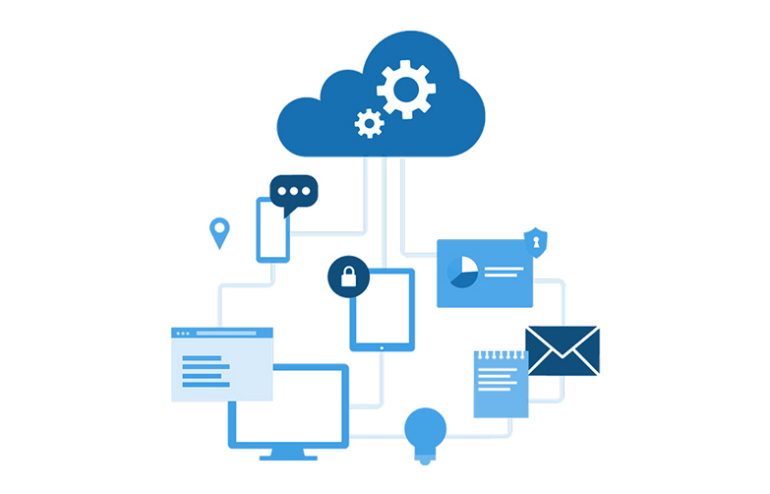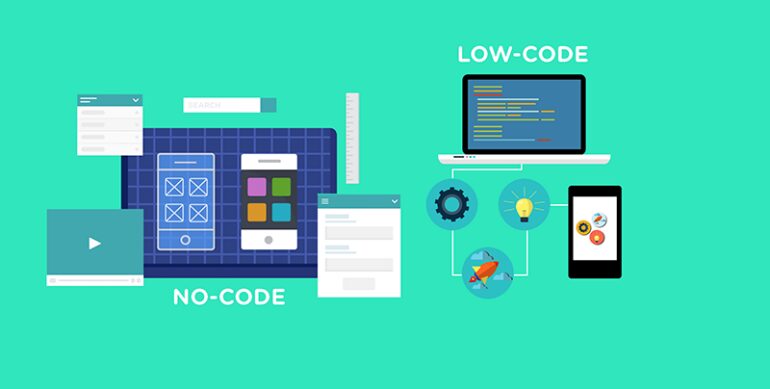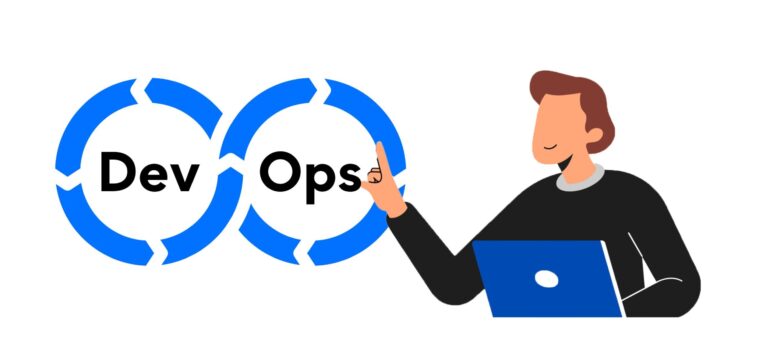The software development landscape is constantly evolving, with new trends emerging at a rapid pace. Custom software development, the process of creating software tailored to a specific business need, is at the forefront of this innovation. In 2024, we see a confluence of cutting-edge technologies and methodologies shaping the future of custom software solutions. This article explores some of the most significant trends that are transforming the way businesses approach custom software development.
1. Cloud-Native Development Takes Center Stage

Cloud computing has become an indispensable part of modern IT infrastructure. In 2024, cloud-native development takes center stage, where applications are designed and built specifically for the cloud environment. This approach leverages the scalability, flexibility, and cost-efficiency of cloud platforms, enabling businesses to deploy and manage software solutions with greater agility. Microservices architecture, a popular cloud-native design pattern, breaks down applications into smaller, independent services that can be developed, deployed, and scaled independently. This fosters faster development cycles, easier maintenance, and improved resilience.
2. Artificial Intelligence and Machine Learning (AI/ML) Integration
ML consulting and development are revolutionizing various industries, and custom software development is no exception. Integrating AI and ML capabilities into custom applications unlocks a range of possibilities. Chatbots and virtual assistants powered by AI can provide enhanced customer service experiences. Machine learning algorithms can analyze vast amounts of data to generate insights, predict trends, and automate tasks, leading to improved decision-making and operational efficiency.
3. The Rise of Low-Code/No-Code Development

Traditionally, custom software development required a team of skilled developers. However, the emergence of low-code and no-code platforms is democratizing software development. These platforms offer visual interfaces and pre-built components that allow businesses to create custom applications without extensive coding knowledge. This empowers citizen developers – individuals within a business who may not be professional programmers – to contribute to the development process. While low-code/no-code platforms may not be suitable for complex applications, they offer a faster and more cost-effective way to build simple solutions for internal workflows or customer-facing applications.
4. Embracing the Internet of Things (IoT)
The Internet of Things (IoT) refers to the network of physical devices embedded with sensors and software, collecting and exchanging data. Custom software development plays a crucial role in managing and analyzing this data, unlocking the true potential of IoT. In 2024, we expect to see a rise in custom applications designed to manage and analyze data from connected devices, enabling businesses to optimize operations, improve resource utilization, and gain valuable insights from real-time data streams.
5. Progressive Web Apps (PWAs) Bridge the Gap

Progressive Web Apps (PWAs) offer a compelling alternative to native mobile apps. PWAs are web applications that leverage modern web technologies to provide app-like functionality, such as offline access and push notifications. This allows businesses to reach a wider audience without the need to develop and maintain separate apps for different platforms. In 2024, PWAs are likely to gain further traction due to their ability to deliver a seamless user experience across devices and reduce development costs.
6. Prioritizing Security and Compliance
In an increasingly interconnected world, cybersecurity threats are a growing concern. Custom software development must prioritize robust security measures to protect sensitive data. Secure coding practices, vulnerability assessments, and regular security audits are crucial aspects of the development process. Additionally, compliance with data privacy regulations like GDPR and CCPA is becoming paramount.
7. The Evolving Role of DevOps

DevOps, a combination of development (Dev) and operations (Ops), is a set of practices that promotes collaboration and communication between development and operations teams. In 2024, DevOps continues to evolve, with a focus on continuous integration and continuous delivery (CI/CD). CI/CD pipelines automate the software development and deployment process, enabling faster release cycles and improved software quality.
8. Focus on User Experience (UX) and Accessibility
In today’s competitive landscape, a positive user experience (UX) is essential for the success of any custom software application. User-centered design methodologies ensure that applications are intuitive, user-friendly, and cater to the specific needs of the target audience. In 2024, accessibility considerations will also be a key focus. Custom applications should be designed to be usable by everyone, regardless of ability.
9. Blockchain Technology for Secure and Transparent Applications

Blockchain technology, known for underpinning cryptocurrencies, has the potential to revolutionize various industries. Custom software development can leverage blockchain to create secure and transparent applications for supply chain management, digital identity verification, and secure data sharing. While still in its early stages of adoption, blockchain holds immense promise for building trust and security into custom software solutions.
10. Sustainable Software Development: Building Green

While the focus is often on functionality and performance, 2024 sees a growing emphasis on sustainable software development. This approach considers the environmental impact of software throughout its lifecycle, from development to deployment and maintenance. Practices like optimizing code for efficiency, minimizing data storage and processing, and utilizing energy-efficient cloud services can significantly reduce the software’s carbon footprint. Additionally, the rise of “GreenOps” promotes tools and techniques for optimizing cloud resource utilization and cost management, leading to a win-win for both environmental and financial sustainability.
Conclusion: The Future of Custom Software Development
The custom software development landscape in 2024 is brimming with exciting possibilities. By embracing these trends, businesses can unlock new levels of efficiency, innovation, and user experiences. The integration of AI, cloud-native development, and advanced security practices will empower businesses to build custom software solutions that are not only powerful but also scalable, secure, and environmentally responsible. As technology continues to evolve, custom software development will remain a critical driver of business success, enabling organizations to adapt, innovate, and thrive in a dynamic digital landscape.
